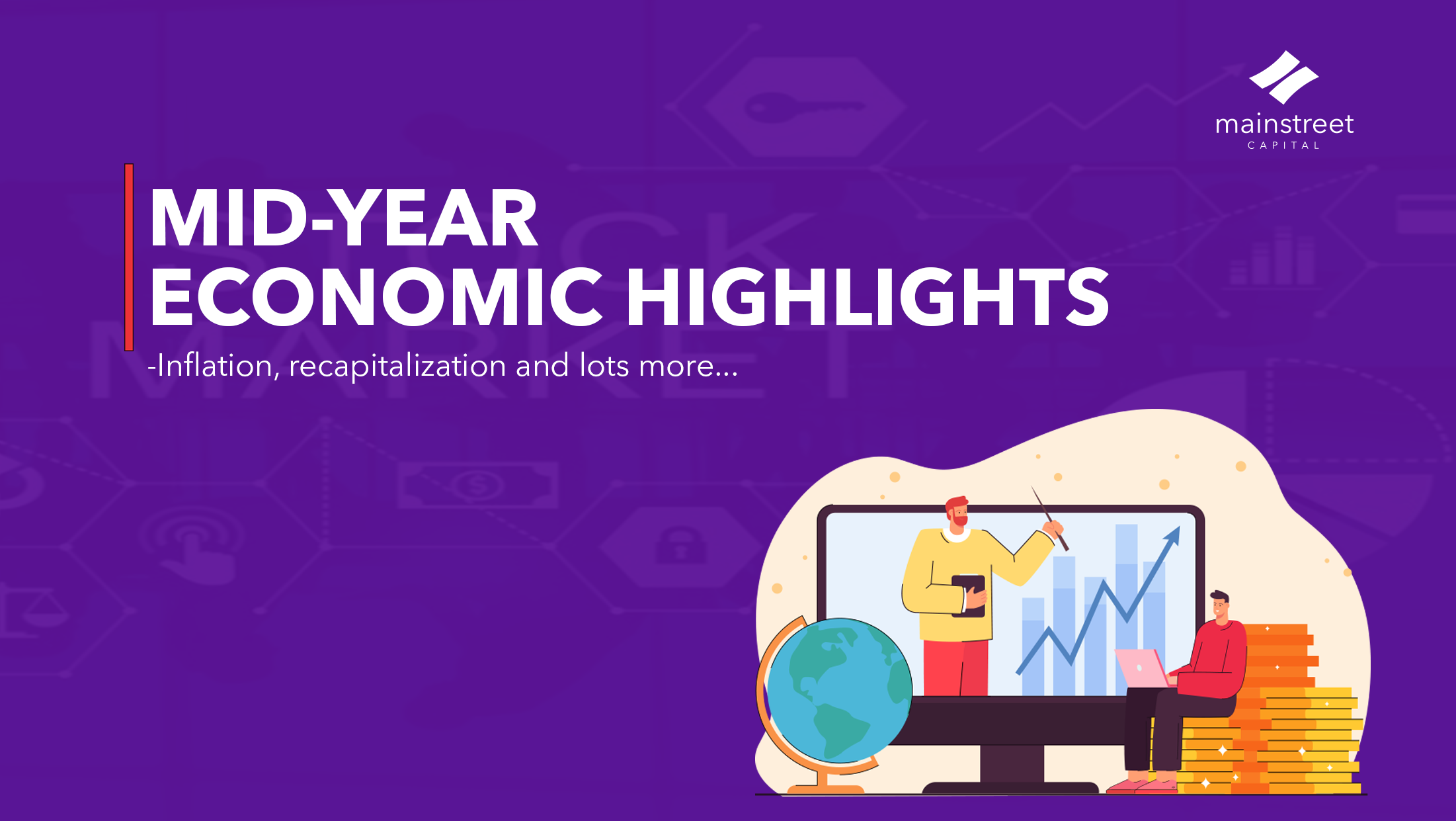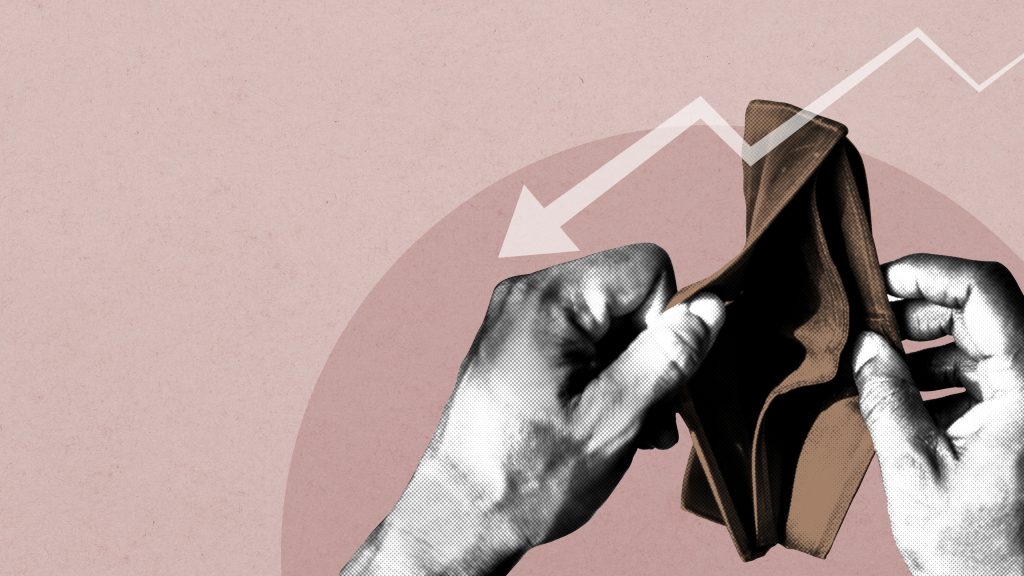Lagos Address
Plot 954a, Idejo Street, Off Adeola Odeku Street, Victoria Island, Lagos
Work Hours
Monday to Friday: 9AM - 4PM
Lagos Address
Plot 954a, Idejo Street, Off Adeola Odeku Street, Victoria Island, Lagos
Work Hours
Monday to Friday: 9AM - 4PM

June was an interesting end to the first half of 2024 across the local and global fronts. From executive orders to price swings that made wallets wobble, there were notable economic changes across the US, Nigeria, and rest of the world. Access to power supply, rising inflation, bank recapitalization, economic growth, and tech trends, are some mid-year economic highlights in 2024.
Speaking of trends,
Technology is anything that wasn’t around when you were born.
– Alan Kay
Technology is everywhere these days, from smartphones to virtual reality headsets. But one of the most exciting areas of tech is Artificial Intelligence (AI). AI is already being used to personalize everything from our morning coffee to our stock picks, companies at the forefront of AI are seeing their stock prices soar. Just this month, Nvidia, a tech company riding the AI wave, became the most valuable stock in the US. Does this mean the financial market and tech go together?
Inflation Concerns

While tech advancements are exciting, inflation remains a major concern for most economies. In the United States for instance, inflation printed 3.3% in May 2024, lower than April’s 3.4%. Although exceeding the Federal Reserve’s 2% target, this decline represents a positive development for policymakers concerned about recent stagnation in price-reduction efforts.
Meanwhile, Nigeria’s inflation continues to climb, reaching 33.95% in May 2024, up from 33.69% in April. While rising food prices previously fueled inflation, core inflation took center stage in May reflecting increased costs of transportation, accommodation, and medical care.
The Central Bank faces a delicate balancing act. High interest rates aim to curb inflation, but this can affect businesses. Meanwhile, foreign investors eye high-yield bonds. Can the CBN tame inflation without sacrificing growth entirely? This economic tightrope walk is just one of Nigeria’s many challenges. Power outages, ever the uninvited guest, is yet another.
Growing Demand for Accessible and Affordable Power
In Nigeria, where reliable power is a precious commodity, Geregu Power PLC (a power generating company) partnered with Siemens Energy AG (a German multinational technology conglomerate) to boost power generating capacity to 1,200 megawatts.
While the partnership promises some improvement in the power sector, Nigerians might be wondering if it will come at a cost – higher electricity bills. A welcome solution could be first subsidizing electricity tariff before the Nigerian Electricity Management Services Agency (NEMSA) sets up a special tribunal to fight electricity theft. Meanwhile, there’s a glimmer of hope overseas! Energy prices in the United Kingdom dropped over 12% in the second quarter of 2024. However, this relief may be short-lived as over 5 million homes struggle with energy debt, highlighting the ongoing challenge of affordability
Invest in Health, Invest in Wealth (Cliché? No)
Staying healthy is a top priority, and it impacts the average investor and financial enthusiast. With the recent Cholera outbreak in Nigeria, taking extra precautions is essential. Globally, healthcare spending is on the rise. In the US, it reached a staggering $4.8 trillion in 2023, exceeding the GDP growth rate. The trend is expected to continue, with a projected 5.2% increase in 2024. Better to take caution, right?
Economic Growth: Real Sector vs Financial Sector
Although Nigeria’s economy grew by 2.98% in the first quarter of 2024, top sectors contributing to GDP shrank compared to the fourth quarter of 2023. While the financial sector grew significantly by 31.24%, information and communication by 5.43%, agriculture, the lifeblood of many, grew marginally by 0.16% which translates to rising food prices fueled by increased cost of logistics, insecurity, to name a few. At the end of the day, the country needs policies that nurture the real sectors, not just the financial ones.
Let’s talk capital,
CBN’s Bank Recapitalization Plan
The CBN raised the minimum capital requirements for banks with a timeline of 24 months from 1st of April 2024 to 31st of March 2026. It had been almost 20 years since banks’ capital requirements were adjusted. The focus now is on building a more resilient banking system – one that can weather any financial storm, and fuel economic growth with a strong currency.
In April, the Naira gained 9% and 16% on the official market and parallel market to ₦1,309/$ and ₦1,255/$ respectively, thanks in part to the apex bank’s efforts to keep the foreign exchange market stable. However, at the close of the first half of 2024, the naira traded at ₦1,500/$ at the official market. One interesting move the CBN made was banning foreign currency as collateral for Naira loans. Now, the only exceptions are Nigerian government bonds and foreign bank guarantees. This means if you have a loan with foreign currency collateral, you’ll need to repay it within 90 days or face penalties.
The CBN also implemented policies for international oil companies to half their profits.
Reader’s Corner
Crude oil prices inched up in June, amid geopolitical tensions in the Middle East. The Organization of the Petroleum Exporting Countries (OPEC) announced additional output cuts, which helped to support prices. However, Nigeria, Africa’s leading oil producer, faces challenges due to the OPEC cuts. The question is, can Nigeria navigate these challenges and keep its economy afloat?
Until next time, happy Investing!
To Stay tuned for more updates; follow Mainstreet Capital Limited on social media ( LinkedIn | X | Instagram | Facebook ). Remember, the more you learn, the better equipped you’ll be to make sound investment decisions. For more information or personalized investment strategies that take advantage of the new economic realities, book a session with our expert asset managers.